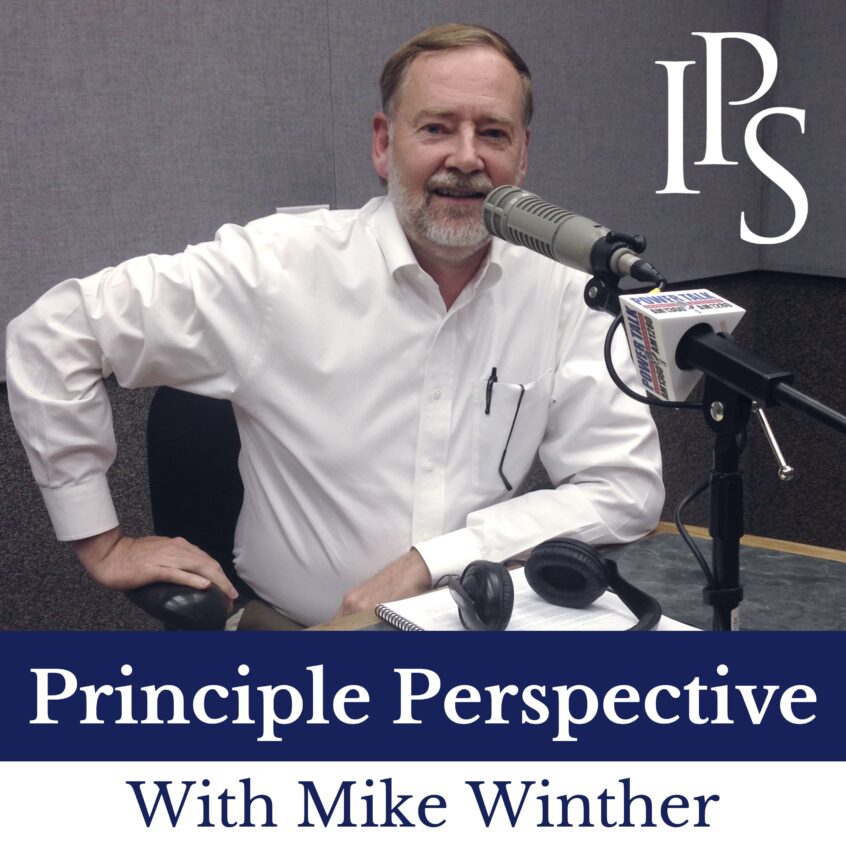LISTEN NOW
Mike concludes his discussion of the Constitution Under Siege in part four of this lecture series. He talks about the current education system’s focus on teaching about the UN instead of how the US Congress works and the subtle centralization of power changing how the next generation thinks.
He explores the history of the Constitution’s passing, the role of the Federalist and Anti-Federalist Papers, the concept of nullification, and the idea of jury nullification. The conversation also touches on the apportionment of taxes, the history of income tax in America, and the arguments some states used to challenge Obamacare.
Mike also discusses his motivation for starting the Institute for Principle Studies to teach people about God’s principles of ethics, economics, and history.
You’ll Learn:
- [01:32] How the formal education system is now more interested in teaching about the UN than about how our US Congress works. This is part of the shifting of authority.
- [02:15] There’s a conscious effort to push towards a centralization of power. Which is a dangerous concept. It’s subtly changing the way the next generation thinks.
- [03:07] The Constitution had to be passed by three quarters of the States. The Federalist Papers were to explain the Constitution to the people through letters in the newspaper.
- [05:16] There were also the Anti-Federalist Papers of people who opposed the Constitution. Nullification is about the concept of State nullification.
- [06:07] The Supreme Court is not the final arbiter of the Constitution. The founding fathers believed the ultimate court was in the states.
- [08:01] The source determines the use. The states gave the federal government power, so they should be arbiters of that power.
- [11:35] There have been many cases in history where states have nullified federal law.
- [12:00] Jury nullification is the idea that a jury can nullify a law if they think it’s a good idea.
- [12:25] William Penn confesses to preaching without a license, and the jury found him innocent.
- [13:14] They found the defendant innocent and the law guilty. The judge put them in jail. This established the principle of jury nullification.
- [18:05] Article 1 Section 2 of The Constitution says representatives and direct taxes shall be apportioned.
- [20:16] Direct taxes are also apportioned. Indirect taxes are tariffs and sales taxes.
- [25:59] Income tax was unconstitutional in America up until 1913 when the 16th Amendment passed.
- [29:03] Arguments some states used to challenge Obamacare.
- [33:54] Mike breaks down why he started the Institute for Principle Studies. He wanted to teach people God’s principles of ethics, economics, and history.

